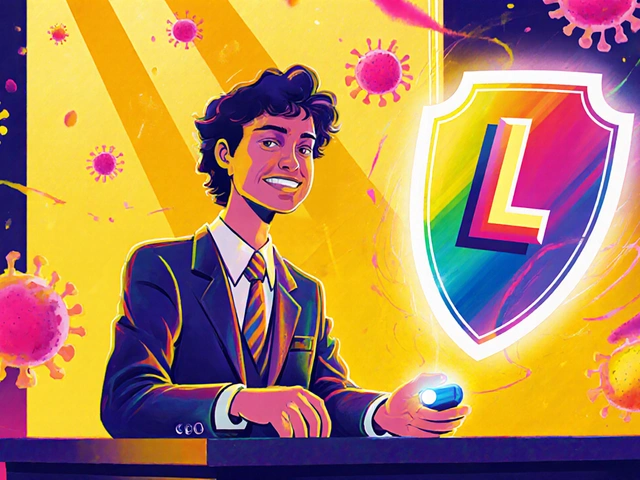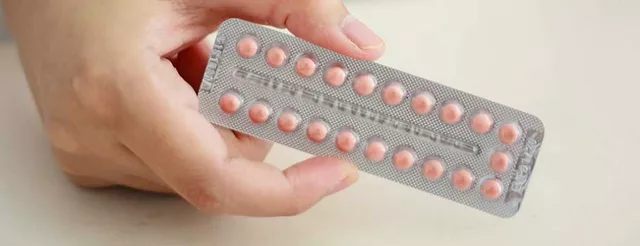Anemia: What It Is, Why It Happens, and How to Fix It
Feeling tired all the time? Getting short of breath after climbing stairs? Those could be signs of anemia. In simple terms, anemia means you don’t have enough healthy red blood cells to carry oxygen around your body. Without that oxygen boost, everything from work to workouts feels harder.
The most common cause is iron deficiency. Your body needs iron to make hemoglobin, the protein that grabs oxygen in the blood. Not getting enough iron from food, losing blood through heavy periods, or having a gut condition that blocks absorption can all lead to low iron levels.
Symptoms You Shouldn't Ignore
Besides fatigue, look out for pale skin, dizziness, cold hands and feet, or a fast heartbeat. Some people notice cravings for non‑food items like ice or dirt—this is called pica and often points to iron deficiency. If you spot any of these signs, it’s worth getting a quick blood test.
Even mild anemia can affect your mood and concentration. You might find yourself day‑dreaming more or forgetting simple things. That’s because the brain isn’t getting enough oxygen either.
How to Fight Anemia Naturally
The fastest way to raise iron is through diet. Red meat, poultry, beans, lentils, and fortified cereals are solid choices. Pair these foods with vitamin C‑rich items like oranges, strawberries, or bell peppers—vitamin C helps your gut absorb iron better.
For many people, a daily iron supplement does the trick, but you should talk to a pharmacist or doctor first. Too much iron can cause stomach upset, so start with a low dose and see how you feel.
If iron isn’t the problem, look at other nutrients. Vitamin B12 and folate also help make red blood cells. Foods like eggs, dairy, leafy greens, and fortified plant milks cover those bases.
Beyond food, stay active. Light exercise improves circulation and can stimulate your bone marrow to produce more red blood cells. Even a daily walk makes a difference.
Finally, keep an eye on any underlying health issues. Conditions like celiac disease, chronic kidney disease, or certain infections can cause anemia even if you eat well. If symptoms persist despite diet changes, it’s time to see a healthcare professional for further testing.
Bottom line: anemia is usually fixable with the right mix of food, supplements, and medical advice. Spot the signs early, boost iron with vitamin C‑rich meals, and you’ll notice more energy in no time.
Alcohol's Effects on Anemia: What Happens When You Mix Drinking and Low Iron
Drinking alcohol can have a real impact on anemia, but most folks don’t realize just how deep the connection goes. This article breaks down how alcohol messes with your body’s ability to make and use red blood cells. You'll also find out why some drinks might be riskier than others, and get simple tips to better manage your iron levels if you enjoy a night out. We’re mixing facts, science, and practical advice so you can handle things smartly. No fluff—just what you actually need to know about anemia and alcohol.






